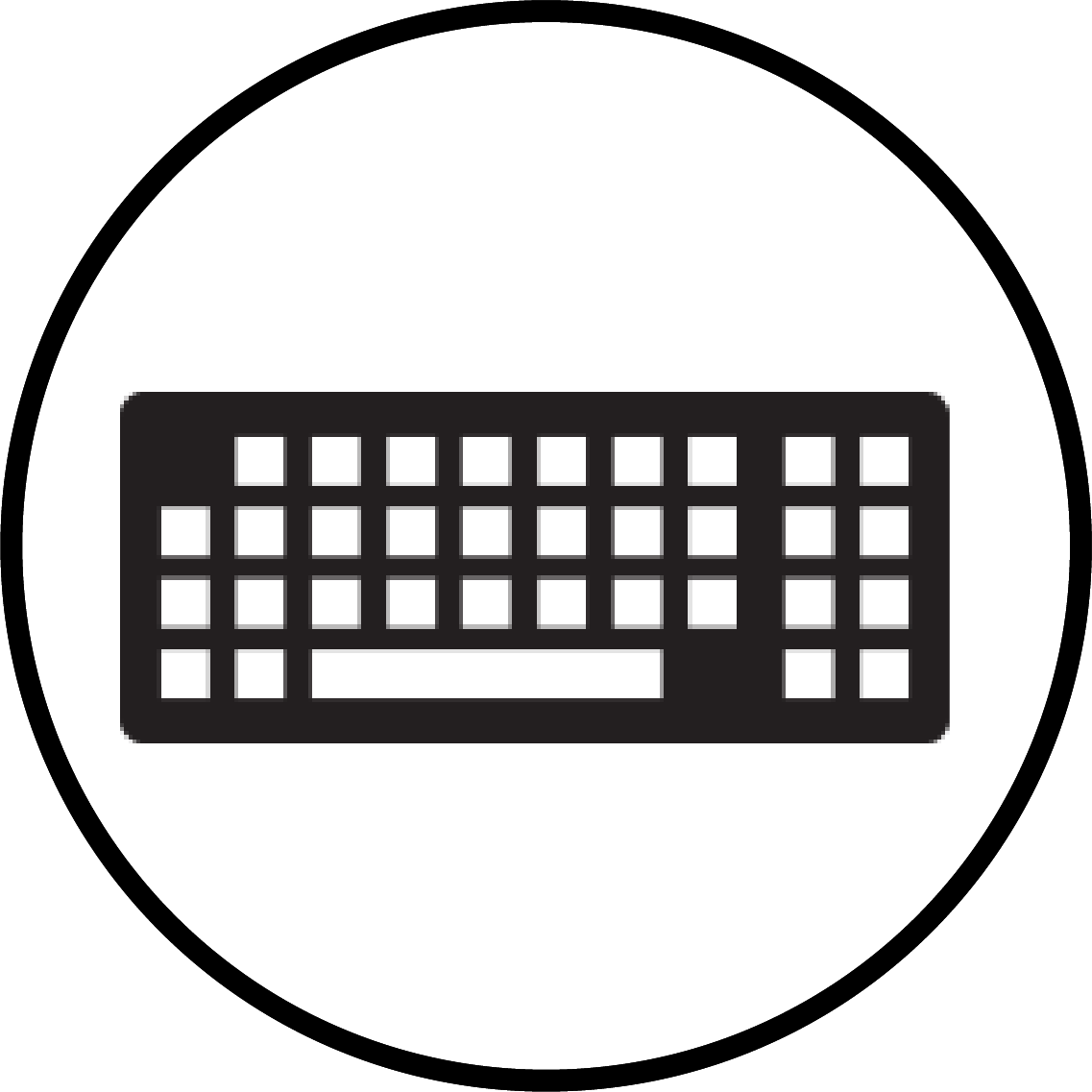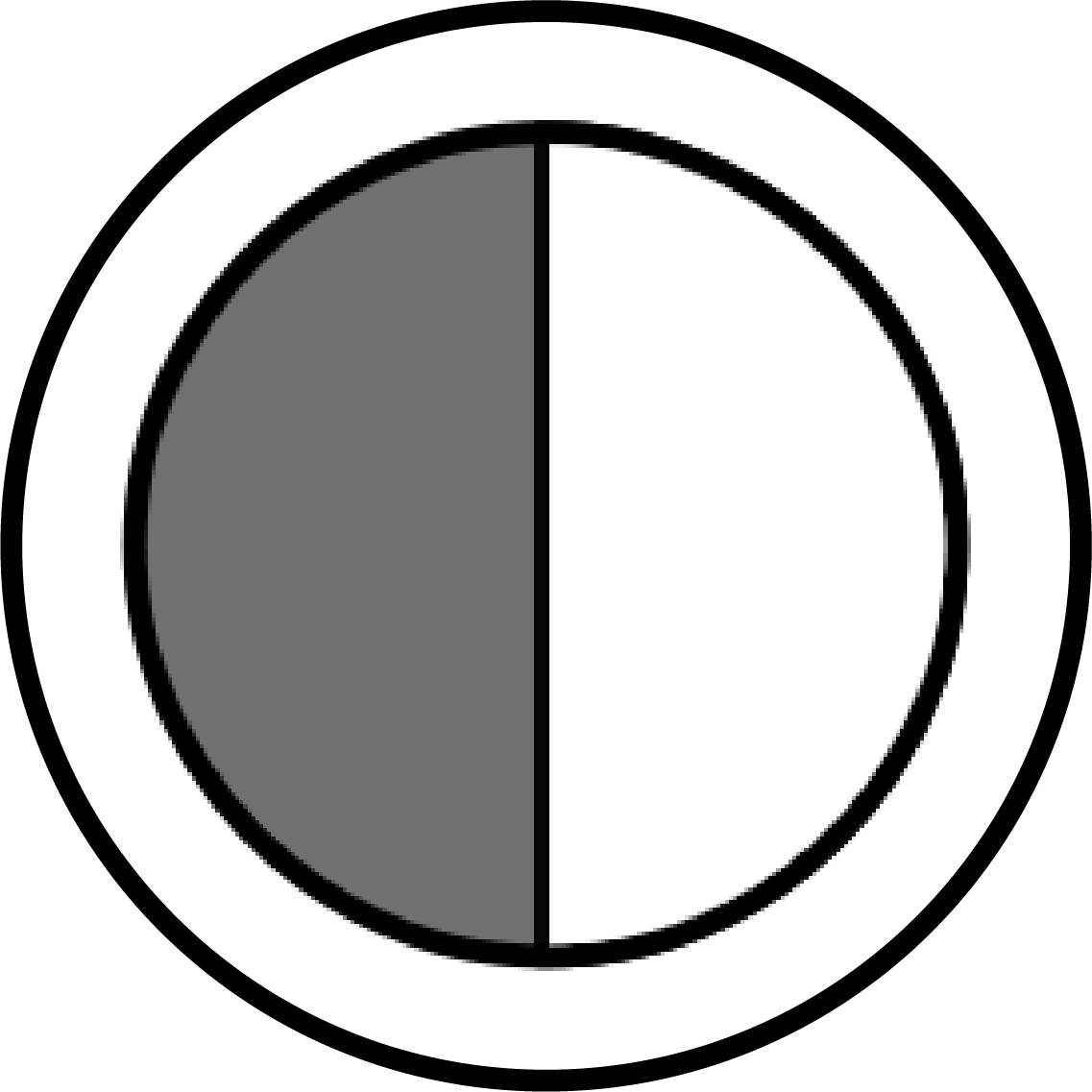
Hundreds of Participants in the Conference "Cultural and National Pluralism - Between War and
Elections"
More than 36 Contributions from Researchers and Activists
On Friday, May 3, 2024, the "Mossawa Center" held the conference "Cultural and National Pluralism - Between War and Elections" at the Hadar Hall in Haifa. The hall was packed with a distinguished and diverse audience from various regions. The conference attracted 36 speakers to share diverse opinions and different experiences in the fields of public work and social and political activism, exchanging expertise on the topics outlined in the conference's mission statement. This conference was held in the context of escalating violations against the Arab community, including incitement, arrests, and arbitrary dismissals, along with ongoing discrimination in budget allocations for education and government plans that negatively impact economic and social development.
The conference was opened by the community work coordinator at the Mossawa Center, Costa Jarjoura, who emphasized the importance of holding a conference that addresses pluralism as a tool for political change, especially in times of war and difficult circumstances that the country is experiencing. He pointed out the materials prepared and distributed to more than 250 participants in four languages: Arabic, Hebrew, Russian, and English, and highlighted Mossawa Center's interest in providing the opportunity to speak in one's mother tongue for all speakers and attendees, with translation available in all languages. Jargura thanked the Canadian embassy in the country for cooperating with Mossawa Center to hold the conference.
The host city's representative, Sarit Golan, Deputy Mayor of Haifa, addressed the challenges facing national, cultural, and linguistic diversity in the city, which she described as a better model than other cities in the country. She mentioned the accumulated shortcomings in the municipal field of developing work models that respond to the real needs of Arab and Jewish citizens from different backgrounds as part of the efforts to bridge the gaps between them.
Attorney Alber Nahas, a board member of the Mossawa Center, welcomed the conference guests, stating, "I salute the attendees and participants in this conference, especially since the current circumstances require involving diverse groups. The Israeli-Palestinian conflict has reached its peak, and the suffering in Gaza is unprecedented. We hope to contribute to reducing the oppression we all experience and to demand a better future for everyone."
Christopher Hall, Acting Ambassador of Canada, emphasized that pluralism is one of the core values of Canada and is part of the fabric of Canadian society. He stressed the need to exert efforts to promote coexistence, confirming Canada's support for a two-state solution.
Mohammed Barakeh, head of the High Follow-Up Committee for Arab Citizens of Israel, called for moving beyond formalities and working towards genuine partnership, stressing the need to recognize the right to national and cultural differences. He highlighted the importance of building a society based on partnership and mutual recognition. Barakeh spoke about the stance of the Arab masses and progressive popular forces in the country and the world against the Israeli war in Gaza, demanding an immediate ceasefire and the establishment of an independent Palestinian state.
After the opening, Jafar Farah, Director of the Mossawa Center, moderated the main panel titled: "National, Social, and Cultural Pluralism: Opportunities and Challenges," featuring Professor Amal Jamal, Vice Dean of the Faculty of Social Sciences at Tel Aviv University; Professor Oren Yiftachel, an expert in political geography, legal planning, and ethnic relations; journalist and TV presenter Olga Bakushinsky; Professor Norit Alfasi, Head of Urban Planning at Ben-Gurion University; Dr. Mayson Arshid Shahada, researcher and lecturer at Bar-Ilan University and the Open University; and Igor Kamenetsky, General Director of the Dor Moriyah Organization (click here for the panel report).
Following the panel, the conference participants were divided into roundtables to discuss the following topics:
"The Role of Popular Activism in Building Solidarity in Local Authorities," facilitated by Galia Aviani, Coordinator of the Program for Enhancing Shared Life in Haifa, Community Resources Division, Welfare Department, Haifa Municipality, with participants including Shula Kishet, Eastern feminist and Director General of the "My Sister" movement, member of the Tel Aviv-Jaffa Municipality, attorney Amir Badran, member of the Tel Aviv-Jaffa Municipality for the "Kulanu Ha'Ir" bloc, Daria Starkshinia, co-founder of the "Artitra" Civic Education Initiative in Haifa, Lamisse Salameh Mousa, member of the Nof HaGalil Municipality, attorney Einbal Beit Halachmi, member of the Haifa Municipality, Dr. Nuha Badr, member of the Maghar Municipality, and Dr. Merav Ben-Nun, Director of the "From the Wells" Program at the Shalom Hartman Institute and member of the board of "Hand in Hand" in Haifa (click here for the roundtable report).
"Women's Frameworks: Between Solidarity and Separation," facilitated by Suha Salman Mousa, Executive Director of the Mossawa Center, with participants including attorney Nitah Amer-Shif, General Manager of the Mizrahi Collective, Nasreen Marqus, General Secretary of the Democratic Women's Movement, journalist and researcher Masha Henich on the influence of women on culture, Dr. Rana Zahar Krini, lecturer at the University of Haifa and Emek Yezreel College, and researcher in the Sociology Department at Ben-Gurion University, and Norit Hajaj, Eastern feminist social activist, member of the Democratic Rainbow Secretariate and activist in the Women Wage Peace movement (click here for the roundtable report).
"The Role of Alternative Media in Changing Public Opinion," facilitated by Dr. Ornat Turin, lecturer at Gordon College and former member of the Haifa Municipality for the Hadash bloc, and a member of the Haifa Front Administration, with participants including journalist Ainab Halabi, Palestinian affairs correspondent at Yedioth Ahronoth and Ynet, journalist Ella Borisov, editor of the "Kanija-Sefer" project, journalist Einat Fishbein, founder of the "The Hottest Place in Hell" website, member of the Independent Press Association board, journalist Bakar Zoabi, editor at Bokra website and writer at "Local Call," and journalist Nikita Aronov, editor of "Details" website (click here for the roundtable report).
The third roundtable focused on "Higher Education Institutes and Universities as Spaces for Dialogue and Influence," facilitated by attorney Alia Zubi, lecturer at Ono Academic College and doctoral candidate in law, with contributions from Dr. Yael Berda from the Department of Sociology and Anthropology at the Hebrew University and Research Fellow at the Kennedy School of Government at Harvard University, social and political activist, Professor Riyad Agbaria from the Faculty of Pharmacy and Medicine at Ben-Gurion University, Professor Larisa Fialkova from the Department of Hebrew Literature and Comparative Studies at the University of Haifa, university students Saleh Agbaria, national coordinator of the Student Front, David Margalit, student at Tel Aviv University, editor at "Zo HaDerech" newspaper, and co-founder of "Students Against the War," and Olga Orlov, doctoral candidate in sciences and editor of the academic media community "Envernet" (click here for the roundtable report).

























